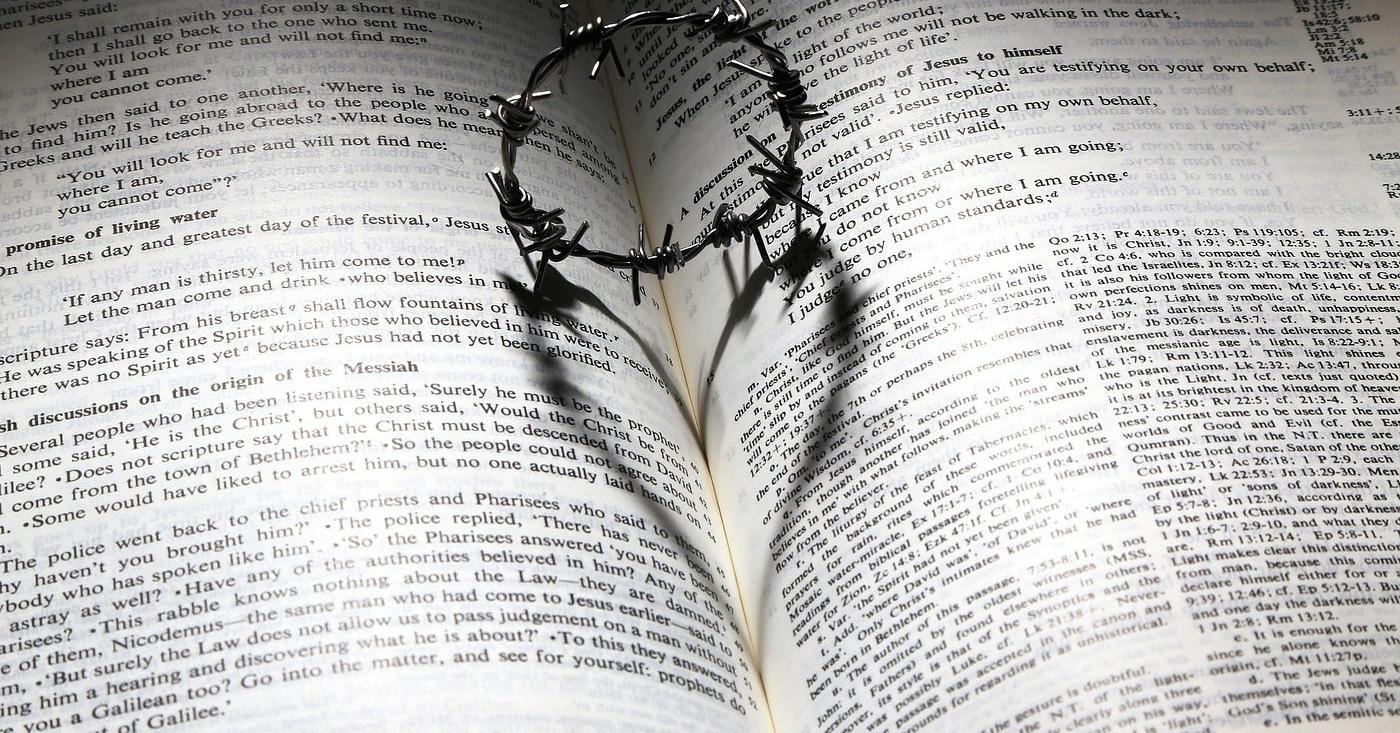Are you curious to know what is catholic guilt? You have come to the right place as I am going to tell you everything about catholic guilt in a very simple explanation. Without further discussion let’s begin to know what is catholic guilt?
Catholic Guilt, an intricate and often misunderstood aspect of Catholic culture, encapsulates the deep-seated feelings of remorse, self-blame, or unease experienced by some individuals raised within the Catholic faith. Embedded in religious teachings and cultural influences, this phenomenon evokes a complex emotional response that intertwines spirituality, morality, and personal accountability. Let’s delve into the nuances, origins, and impact of Catholic Guilt on individuals within the Catholic community.
What Is Catholic Guilt?
Catholic Guilt stems from the principles and teachings of the Catholic Church, emphasizing moral responsibility, confession, and the acknowledgment of sin. It arises from the belief in the concept of sin, the need for repentance, and the pursuit of spiritual purity.
Key Elements Of Catholic Guilt
- Sense of Responsibility: Individuals experiencing Catholic Guilt often feel a heightened sense of responsibility for their actions, even for minor transgressions or perceived moral failings.
- Influence of Religious Upbringing: The instillation of moral values, emphasis on confession, and the teachings surrounding sin and forgiveness within Catholic doctrine contribute to the development of this emotional response.
- Self-Reflection and Conscience: Catholic Guilt involves a continuous process of self-reflection, introspection, and evaluation of one’s actions against moral standards, leading to feelings of remorse or inadequacy.
Impact On Mental And Emotional Well-Being
- Internal Conflict: Catholic Guilt can create internal conflicts, causing individuals to grapple with feelings of unworthiness, shame, or anxiety, impacting their self-esteem and mental health.
- Striving for Moral Perfection: The pursuit of moral perfection or the fear of falling short of religious expectations may lead to heightened anxiety or self-criticism.
- Positive Motivation: While it can evoke distress, Catholic Guilt can also serve as a motivator for positive change, encouraging individuals to seek forgiveness, practice empathy, and strive for moral growth.
Cultural And Social Influence
Catholic Guilt, beyond its religious origins, can become ingrained within the cultural and social fabric of Catholic communities. It may influence familial dynamics, cultural practices, and interpersonal relationships, impacting individual perceptions of morality and accountability.
Visit Makemet to know more stuff like this.
- Seeking Spiritual Guidance: Engaging in spiritual practices, seeking guidance from clergy, or participating in the sacrament of confession may provide solace and guidance.
- Embracing Compassion and Understanding: Cultivating self-compassion, acknowledging imperfections, and understanding that growth involves a journey rather than perfection can alleviate feelings of excessive guilt.
- Healthy Boundaries: Establishing healthy boundaries between religious teachings and personal well-being is essential to maintain a balanced approach to spirituality and self-reflection.
Conclusion
Catholic Guilt, deeply rooted in religious teachings and cultural influences, embodies a complex emotional response within individuals raised within the Catholic faith. While it can evoke feelings of remorse or distress, it also serves as a catalyst for self-reflection, moral growth, and a deeper connection to spirituality. Understanding its origins, navigating its impact, and embracing a balanced approach to spirituality and self-reflection can empower individuals within the Catholic community to find harmony between faith, personal accountability, and emotional well-being.
FAQ
What Is The Catholic Concept Of Guilt?
According to the website Catholic Spiritual Direction, guilt is a by-product of an informed conscience but “Catholic” guilt is often confused with scrupulosity, and an overly scrupulous conscience is an exaggeration of healthy guilt.
What Is The Difference Between Catholic Guilt And Protestant Guilt?
Protestants were expected to experience more non-constructive guilt than Catholics, who were expected to experience more constructive guilt. Both were expected to have a higher frequency of guilt experience than the control group.
What Is A Sense Of Religious Guilt?
Religion often places a strong value on faith, which can create intense feelings of shame if you find that there is something about your religion which you do not understand or agree with. These feelings of shame can be particularly strong if your religious community dismisses or punishes questions.
What Is Guilt In Christianity?
“Guilt” can describe the condemnation we deserve for our sin, just as a judge would pronounce someone “guilty.” But the word “guilt” can also be used to refer to the feeling we get when our conscience reacts to wrongdoing.
I Have Covered All The Following Queries And Topics In The Above Article
What Is Catholic Guilt Syndrome
What Is Catholic Guilt And Do You Suffer From It
“What Is Catholic Guilt”
What Is The Catholic Guilt
Examples Of Catholic Guilt
Signs You Have Catholic Guilt
Catholic Guilt Psychology
What Is Catholic Guilt And Do You Suffer From It
Catholic Guilt And Depression
How To Get Rid Of Catholic Guilt
Catholic Guilt Catholic Answers
Religious Guilt Examples
What Is Catholic Guilt
